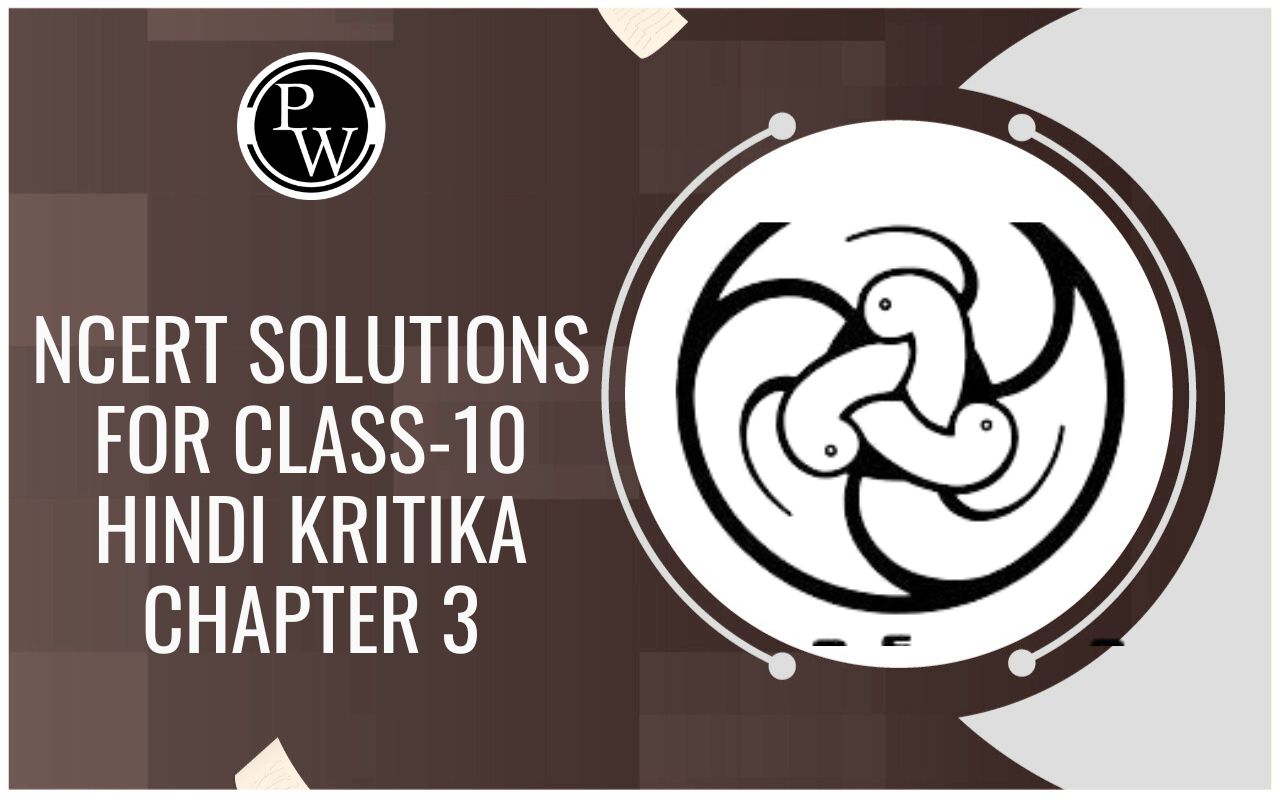
Ways to Protect Secularism
Understanding Secularism of Class 8
The Indian State works in various ways to prevent the above domination.
- First it uses a strategy of distancing itself from religion. The Indian State is not ruled by a religious group and nor does it support any one religion. In India, government spaces like law courts, police stations, government schools and offices are not supposed to display or promote any one religion.
- The second way in which Indian secularism works to prevent the domination of one community is through a strategy of non-interference. This means that in order to respect the sentiments of all religions and riot to interfere with religious practices, the State makes certain exceptions for particular religious communities. For e.g. In Sikhism, Indian State recognise that wearing a pugri (turban) is essential, to a Sikh's religious practice and in order not to interfere with this, allows an exception in the law that wearing helmet during driving is necessary.
- The third way in which Indian secularism works to prevent the domination listed earlier is through a strategy of intervention. For e.g. untouchabiiity. This is good example where members of the same religion ('upper-caste' Hindus) dominate other members (some 'lower castes') within it. In order to prevent this religion-based exclusion and discrimination of 'lower castes', the Indian Constitution bans untouchablity. In this instance, the State is intervening in religion in order to end a social practice that it believes discriminates and excludes, and that violates the Fundamental Rights of 'lower castes' who are citizens of this country.
- Similarly, to ensure that laws relating to equal inheritance rights are respected, the State may have to intervene in the religion-based `personal laws' of communities.
- The intervention of the State can also be in the form of support. The Indian Constitution grants the right to religious communities to set up their own schools and colleges. It also gives them financial aid on a non-preferential basis.
Indian Secularism And Democratic Socities of World
Some of the above objectives are similar to those that have been included in the Constitutions of secular democratic countries in other parts of the world.
- THE U.S.A.
- The First Amendment of the U.S.A. Constitution prohibits the legislature from making laws "respecting an establishment of religion" or that "prohibit the free exercise of religion".
- The word 'establishment' means that the legislature neither declare any religion as the official religion. Nor they can give preference to one religion. In the U.S.A the separation between State and religion means that neither the State nor religion can interfere in the affairs of one another.
- Indian secularism differs from the dominant understanding of secularism as practised in the United States of America.
- Unlike the strict separation between religion and the State in American secularism, In Indian secularism the State can intervene in religious affairs.
- Indian Constitution intervened in Hindu religious practices in order to abolish untouchability. In Indian secularism, though the State is not strictly separate from religion it does maintain a principled distance vis-a-vis religion.
- FRANCE
In February 2004, France passed a law banning students from wearing any conspicuous religious or political signs or symbols such as the Islamic headscarf, the Jewish skullcap, or large Christian crosses. This law has encountered a lot of resistance from immigrants who are mainly from the former French colonies of Algeria, Tunisia and Morocco. In the 1960s, France had faced a shortage of workers and, therefore, had provided visas for these immigrants to come and work in the country.
The daughters of these immigrants often wear headscarves while attending school. However, with the passing of this new law, they have been expelled from their school for wearing headscarves. This means that any interference in religion by the State has to be based on the ideals laid out in the Constitution. These ideals serve as the standard through which we can judge whether the State is or is not behaving according to secular principles.







